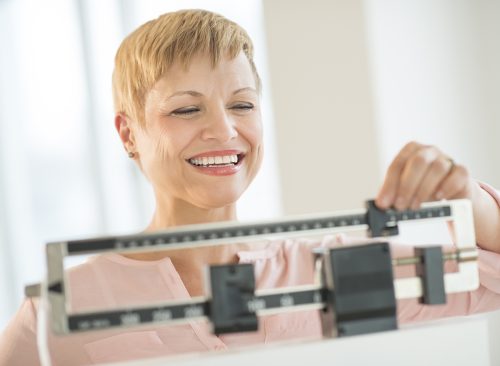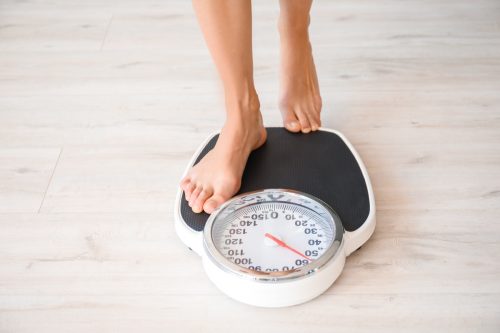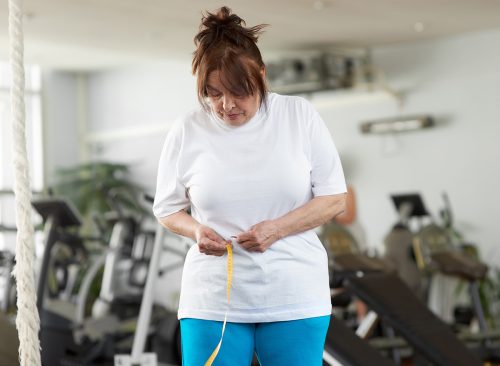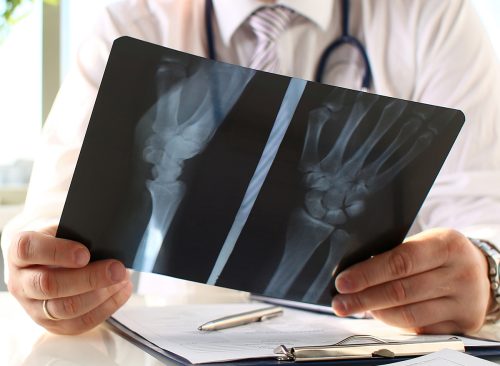How to Double Your Chances of Living to 100, According to New Study
How Women Over 60 Can Attain “Exceptional Longevity” And Live to 100: Study

If you’re a woman who’d like to live to 100, there’s one thing you can do after age 60 that’s more important than anything else, a new study has found. Researchers from the University of California-San Diego have pinpointed one action taken in common by women who achieved “exceptional longevity.” Read on to find out what that is and why it may contradict traditional medical advice.

The study looked at more than 54,000 American women to determine the potential causes of chronic disease among those in the postmenopausal age bracket.

The researchers found that women who kept their weight stable after age 60 were more likely to achieve “exceptional longevity” than women who added pounds.

Compared with women who lost 5% or more of their body weight, women whose weight didn’t change were between 1.2 and two times more likely to reach the ages of 90, 95, and 100, the scientists found.

Ultimately, 56% of women in the study survived to age 90 or later. The researchers found something you—and many doctors—may find surprising: Compared to keeping weight stable, women who lost 5% of their body weight over a three-year period had lower odds of that “exceptional longevity.”

Losing weight without trying was a particularly negative sign. That’s not particularly shocking: Experts have long warned that unintentional weight loss can be a hallmark symptom of cancer or other illness.

But even losing weight intentionally was found to be linked to less longevity. Researchers said that losing weight on purpose after age 60 carried a 17% lower chance of survival to age 90. Losing it unintentionally was linked to a 51% lower chance.

Even when not connected to cancer or serious illness, losing weight in the later years can be a sign of decreased muscle mass, which is connected to a higher risk of osteoporosis, fractures, and injuries and falls. These have a greater chance of being serious or fatal in the elderly.

“Our findings support stable weight as a goal for longevity in older women,” said Aladdin Shadyab, associate professor at UCSD. “If aging women find themselves losing weight when they are not trying to lose weight, this could be a warning sign of ill health and a predictor of decreased longevity.”

The scientists noted that other studies suggested that intentional weight loss after age 60 could lower the risk of premature death, and said their findings indicated that might not be true.
RELATED: 21 Things Boomers Should Never Do When They Notice Aging

But, the researchers wrote, women should follow their physicians’ advice on weight loss at any age—always solid advice.














